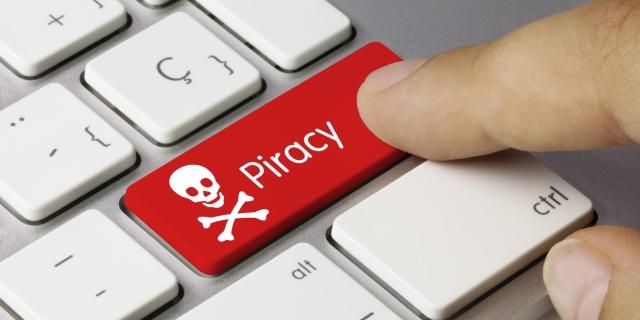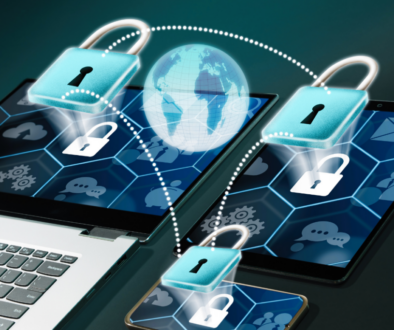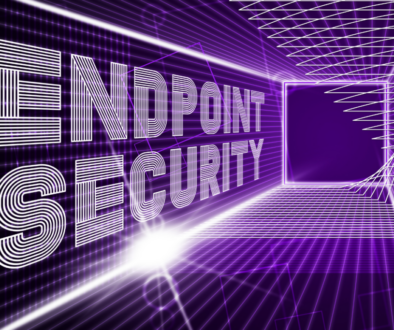Types of Digital Piracy.

Software Piracy:
Software piracy is the act of stealing software that is legally protected. This stealing includes copying, distributing, modifying or selling the software. When a user purchases software from a company, that user is considered to be a “Licensed User” and not the “owner” of that software. Many software creators provide buyers or users of their software with a number of licenses. The license can be for certain number of users or computers or specific period of time or limited number of transactions. The use of the software beyond the “License agreement” can also be referred as Software piracy. The buyer in such cases is supposed to renew the license or extend its capacity. As a licensed user, the buyer is permitted to make copies of his purchased software. But only as backups. This is to ensure that the buyer don’t have to purchase it again in the event that buyer delete the software, or machine crashes. When buyer purchase a commercial software package, an end user license agreement (EULA) is included to protect that software program from copyright infringement.
Software piracy applies mainly to full-function commercial software. The time-limited or function-restricted versions of commercial software called shareware are less likely to be pirated since they are freely available. Similarly, freeware, a type of software that is copyrighted but freely distributed at no charge, also offers little incentive for piracy. The losses suffered as a result of software piracy directly affect the profitability of the software industry. Because of the money lost to software pirates, publishers have fewer resources to devote or research and development of new products, have less revenue to justify lowering software prices and are forced to pass these costs on to their customers.
Using pirated software is also risky for users. Aside from the legal consequences of using pirated software, users of pirated software forfeit some practical benefits as well. Those who use pirate software:
- Increase the chances that the software will either not function correctly or will fail completely.
- Forfeit access to customer support, upgrades, technical documentation, training, and bug fixes.
- Have no warranty to protect them.
- Increase their risk of exposure to a debilitating virus that can destroy valuable data.
- May find that the software is actually an outdated version, a beta (test) version, or a non-functioning copy.
- Are subject to significant fines for copyright infringement; and Risk of potential negative publicity and public and private embarrassment.
Types of Software Piracy: There are five main types of software piracy. This variety of pirating techniques explains how some individuals purposely pirate software while others may unknowingly be an accomplice.
Soft-lifting: Softlifting is when someone purchases one version of the software and downloads it onto multiple computers, even though the software license states it should only be downloaded once. This often occurs in business or school environments and is usually done to save money. Softlifting is the most common type of software piracy.
Client-server overuse: Client-server overuse is when too many people on a network use one main copy of the program at the same time. This often happens when businesses are on a local area network and download the software for all employees to use. This becomes a type of software piracy if the license doesn’t entitle users to use it multiple times.
Hard disk loading: Hard disk loading is a type of commercial software piracy in which someone buys a legal version of the software and then reproduces copies or installs it onto computer hard disks. The person then sells the product. This often happens at PC resale shops and buyers aren’t always aware that the additional software they are buying is illegal.
Counterfeiting: Counterfeiting occurs when software programs are illegally duplicated and sold with the appearance of authenticity. Counterfeit software is usually sold at a discounted price in comparison to the legitimate software.
Online Piracy: Online piracy, also known as Internet piracy, is when illegal software is sold, shared or acquired by means of the Internet. This is usually done through a peer-to-peer (P2P) file sharing system, which is usually found in the form of online auction sites and blogs.



